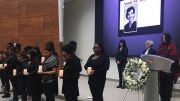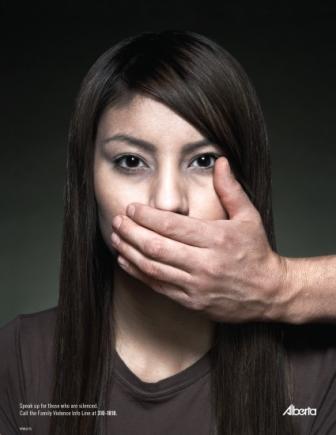(Edmonton) – The Alberta Native Friendship Centres Association (ANFCA), the Association of Alberta Sexual Assault Services (AASAS) and the Alberta Council of Women’s Shelters (ACWS) have launched a new initiative made possible by the Feminist Response and Recovery Fund through Women and Gender Equality Canada (WAGE). This 3-year collaborative project, “Centring Relationships to End Violence,” focuses on reducing intersectional barriers for Indigenous survivors of sexual and domestic violence by strengthening and amplifying community-based approaches.
The project responds to a gap in addressing the needs of Indigenous survivors of violence in Alberta. Indigenous women and girls fear reporting or seeking supports from non-Indigenous agencies due to historical systemic and institutional racism, and they largely do not disclose the violence they experience. Likewise, Indigenous survivors being served through Friendship Centres struggle with naming, acknowledging and openly talking about violence in their lives. Domestic violence shelters and sexual assault service providers are committed to continually building their knowledge and ability to support the unique needs of Indigenous survivors.
The three provincial organizations involved are all invested in violence prevention, each serving a diverse membership in communities all across Alberta. Thanks to this stream of funding through the Government of Canada, they will now have the formal resources to support an exploration of a deeper collaboration—designed to examine what is already working and what may be lacking to improve access to services and to better meet the needs of Indigenous survivors of violence.
“We learned from the voices of Indigenous survivors in Canada, in the opening chapter from the Report on MMIWG, that relationships are key to ending violence in the lives of Indigenous people,” says Deb Tomlinson, CEO of the Association of Alberta Sexual Assault Services. “With this funding, our three organizations will build upon and leverage our relationships to address the high rates of violence Indigenous peoples experience in Alberta as a result of years of colonialism and racism.”
Executive Director of the Alberta Council of Women’s Shelters, Jan Reimer, adds, “Covid-19 has disproportionately impacted women and Indigenous survivors of violence in a negative way, lighting a fire under our need to respond to this ongoing issue. We’re very excited about this opportunity to work collaboratively with two of the leading violence intervention and prevention organizations in the province to address domestic and sexual violence and as part of our commitment to advance the Calls to Justice from the MMIWI.”
“This initiative will contribute to changing the negative outcomes of violence for Indigenous people including the psychological and behavioural impacts, health and socioeconomic impacts, and their links to the intergenerational transmission of violence and re-victimization,” says Alberta Native Friendship Centres Association Executive Director, Joanne Mason. “Our three provincial organizations are pleased to work towards creating transformational change through strengthened collaborative relationships.”
Facts:
- Compared to 43% of Albertans who have experienced sexual violence in their lifetime, respondents who identified as Indigenous, 66% reported that someone had perpetrated sexual violence against them over the course of their lives.
- In Alberta, Indigenous women are 7 times more likely to be a victim of homicide than non-Indigenous women.
- Indigenous women also reported that they had experienced spousal violence more than 3 times that of non-Indigenous women.
- Indigenous women are 50 – 55% of women admitted to ACWS member shelters since 2012, and their experiences of violence consistently rate them at “extreme” risk of homicide (65-70%).





Be the first to comment on "Alberta project aims to empower Indigenous survivors of sexual and domestic violence"